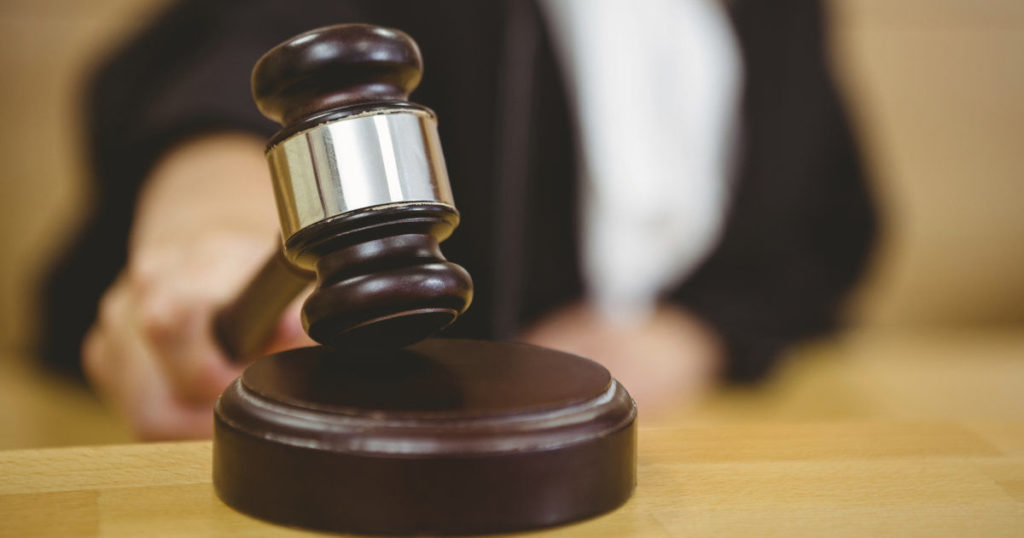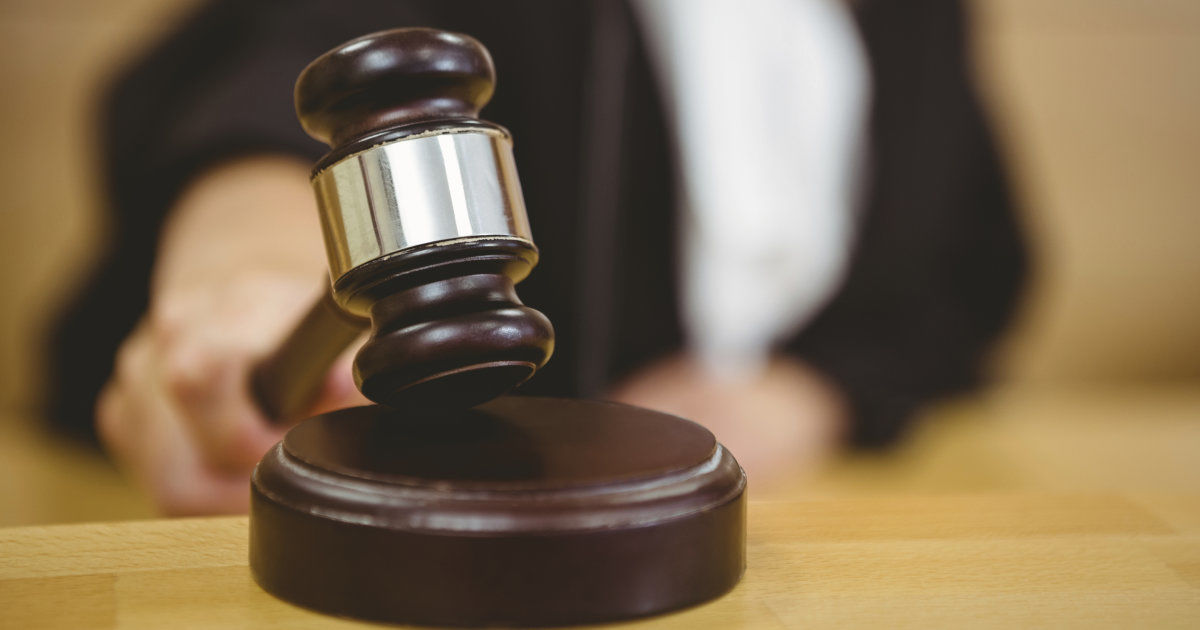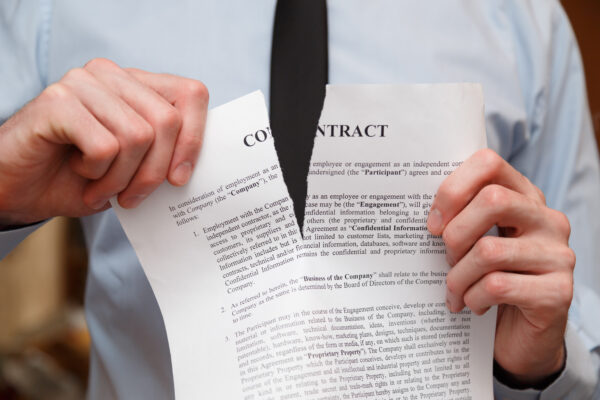
(Editor’s note: Opinion pieces are published for discussions purposes only.)
Rose Law Group Reporter Staff
In an opinion unlikely to satisfy either party, the Arizona Tax Court ruled Wednesday the voter-approved sales tax for Pinal County roadways is invalid because it doesn’t apply to non-retail businesses. The Goldwater Institute challenged the tax saying it was unconstitutional.
The court didn’t find it unconstitutional but rather indicated the tax could not be confined to retail sales but must be applied to all businesses collecting revenue in the county. Usually, such a challenge to the language of a ballot measure must be made prior to it being voted on (which is why there are special quick actions in court before ballots print). Courts have generally found once a measure is on the ballot, language cannot be overturned. This decision is seen as unusual in that regard and will surely be appealed by Pinal County, proponents of the tax say.
“This is a very narrow decision that, if upheld, would overturn the vote of the people of Pinal County — surely it will be appealed,” said Jordan Rose, president and founder of Rose Law Group, which represents property owners in favor of the transportation tax.
Some highlights of the decision below:
-
The court found that the main Plaintiff did not have standing to bring the lawsuit but at least some of the Plaintiffs did.
-
There was no ruling on the Constitutional or Election law arguments (which will likely not please Goldwater).
-
State law requires that an excise transportation tax be levied on “every person” running a business listed in that chapter of the laws.
-
The court finds that the resolution only provided for taxation of retail sales.
-
The Court found that State law does not permit an excise transportation tax to be applied only to retail sales, it needed to be applied to all businesses in that chapter.
-
Because the tax only applied to retail sales, it could not be salvaged after the fact by being broadened to apply to all businesses. Taxes may only be broadened after the fact to encompass other things that are of the same kind and nature of those enumerated in the tax (in this case, retail sales).
-
The tax, therefore, ran afoul of the law governing excise transportation taxes by limiting it to being levied only on retail sales.
-
The court oddly found that the action was timely. In most cases we have seen Challenges to procedural defects in a proposition must be filed before the election. The court indicates this case involved the substance of what was passed which can only be challenged after it was passed.
a. The court reaches this conclusion by citing to a case stating that the constitutionality of a law may only be considered only after the law is passed. But in this decision, it expressly states that it did not consider the constitutionality of this tax.
-
The judge makes no mention whatsoever of the $10k limit.












